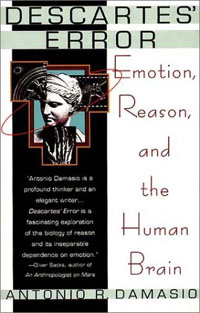Probably the most talked about scientific issue that’s been making the rounds recently is the news is that not only has human evolution not stopped since the advent of modern technology, a previously popular view, but has in fact actually accelerated. As this article in ABC News notes, in a recent paper published in the Proceedings of the National Academy of Sciences in the United States, researchers discovered that by comparing the DNA of humans and chimpanzees since the two species diverged six million years ago there were not enough differences between the two sets of DNA to account for the currently observed rate of change. Therefore, they take this to mean that human evolution has substantially accelerated since the appearance of modern humans 40,000 to 50,000 years ago.
Moreover, they find that different populations of humans have been evolving in different ways. The lighter skin colour of Asians and Europeans compared to Africans is one example, as an adaptation to allow more absorption of vitamin D in areas with less sun. Another example is the disappearance of the lactase enzyme that allows digestion of fresh milk in China and most of Africa where dairy farming is less common than in Europe.
Continue reading Recent Interesting Science Articles (Dec’07)


